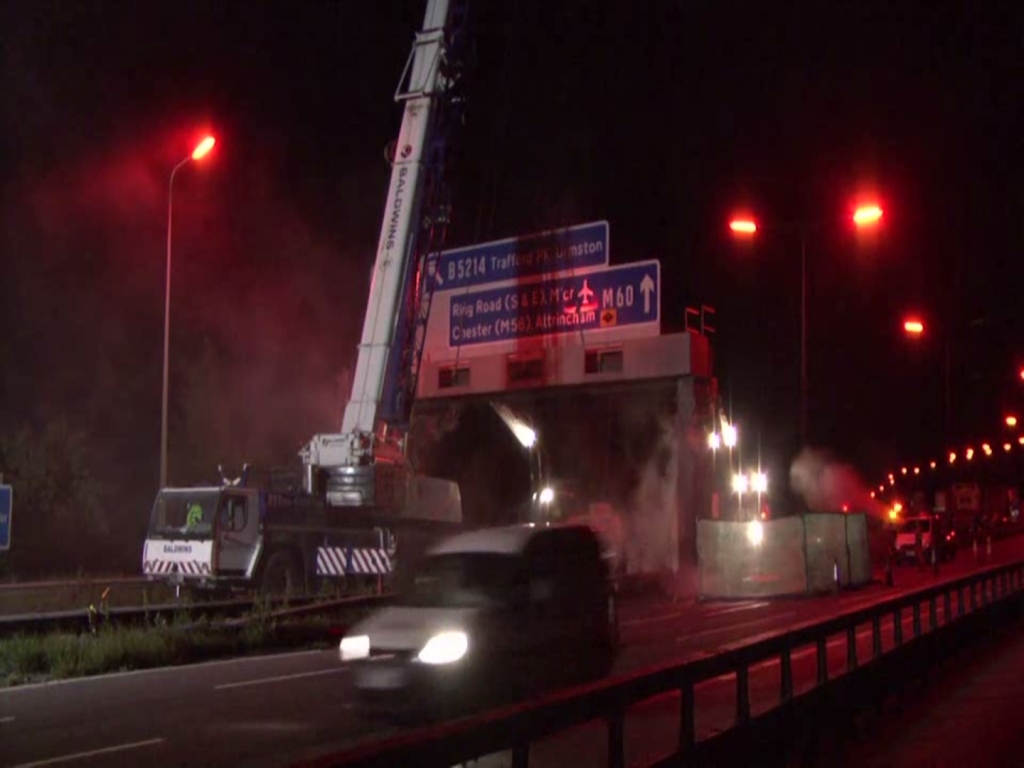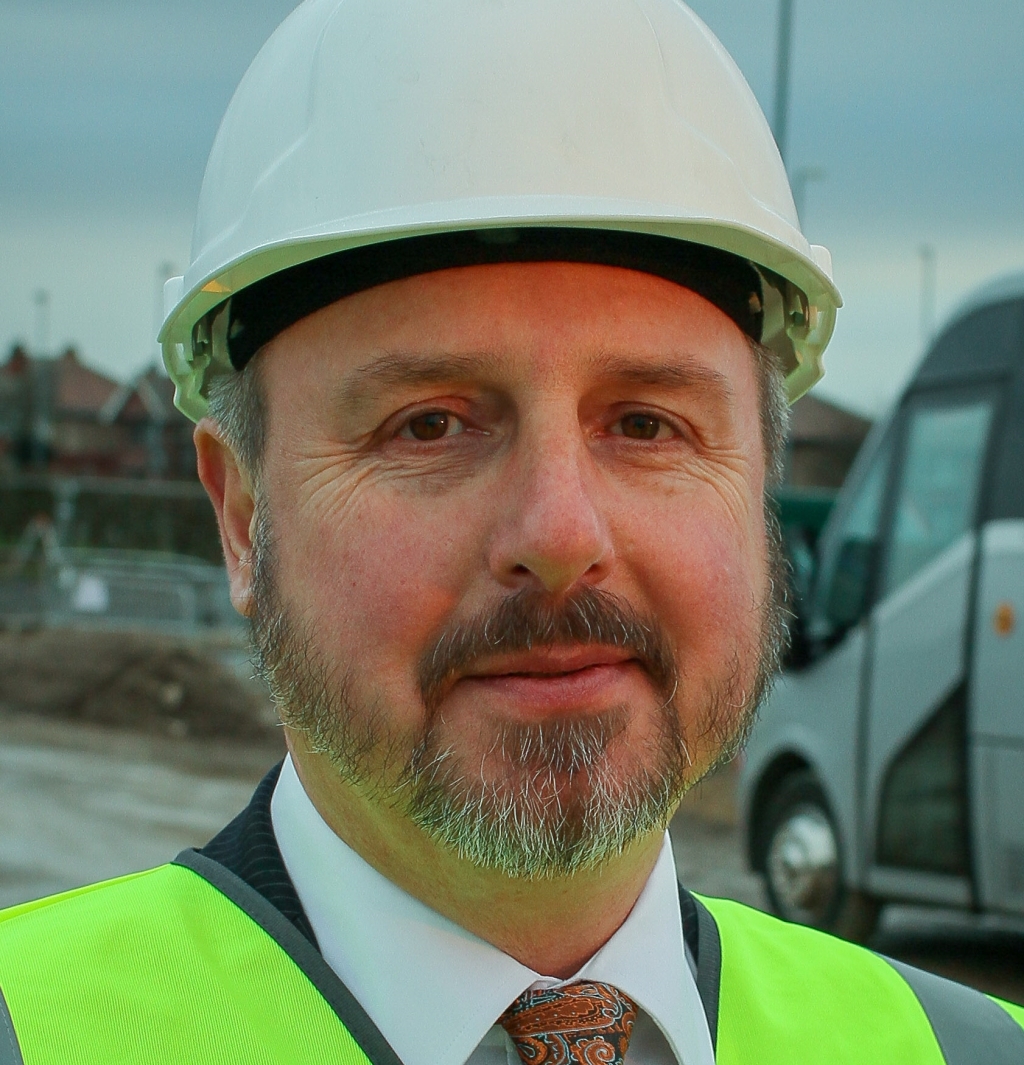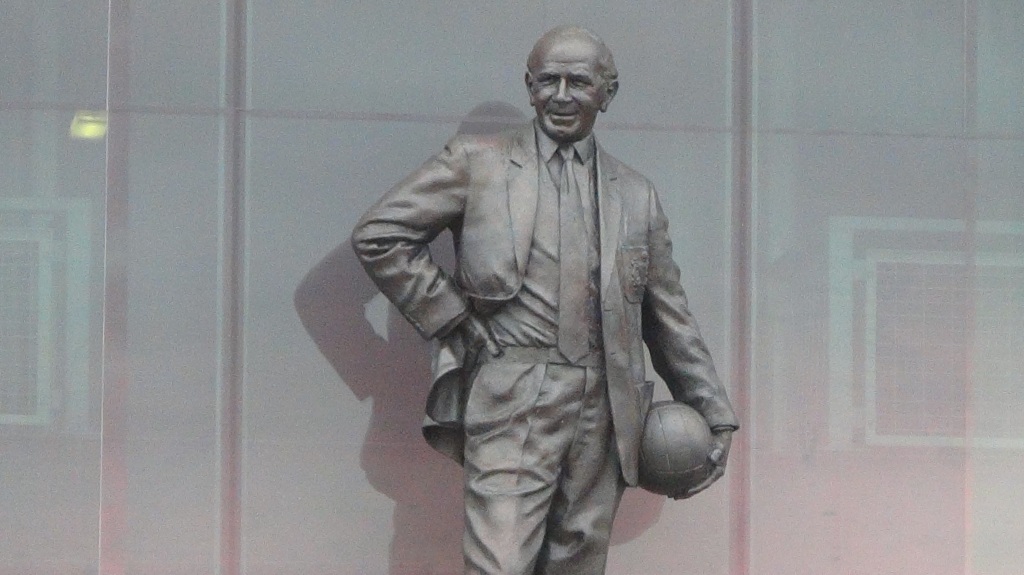-
 Continue reading →: Making Manchester is being rebuilt.
Continue reading →: Making Manchester is being rebuilt.We’re overhauling this website to improve its accessibility features, to make it easier for people with visual impairments…
-
 Continue reading →: Signing off. Thanks everyone!
Continue reading →: Signing off. Thanks everyone!Making Making Manchester was a lot of fun, and I want to say a big thank you to…
-
 Continue reading →: Theatres of Dreams
Continue reading →: Theatres of DreamsAs the Making Manchester series builds towards a close, we feature the city’s sports infrastructure in a two-part…
-
Subscribe
Subscribed
Already have a WordPress.com account? Log in now.